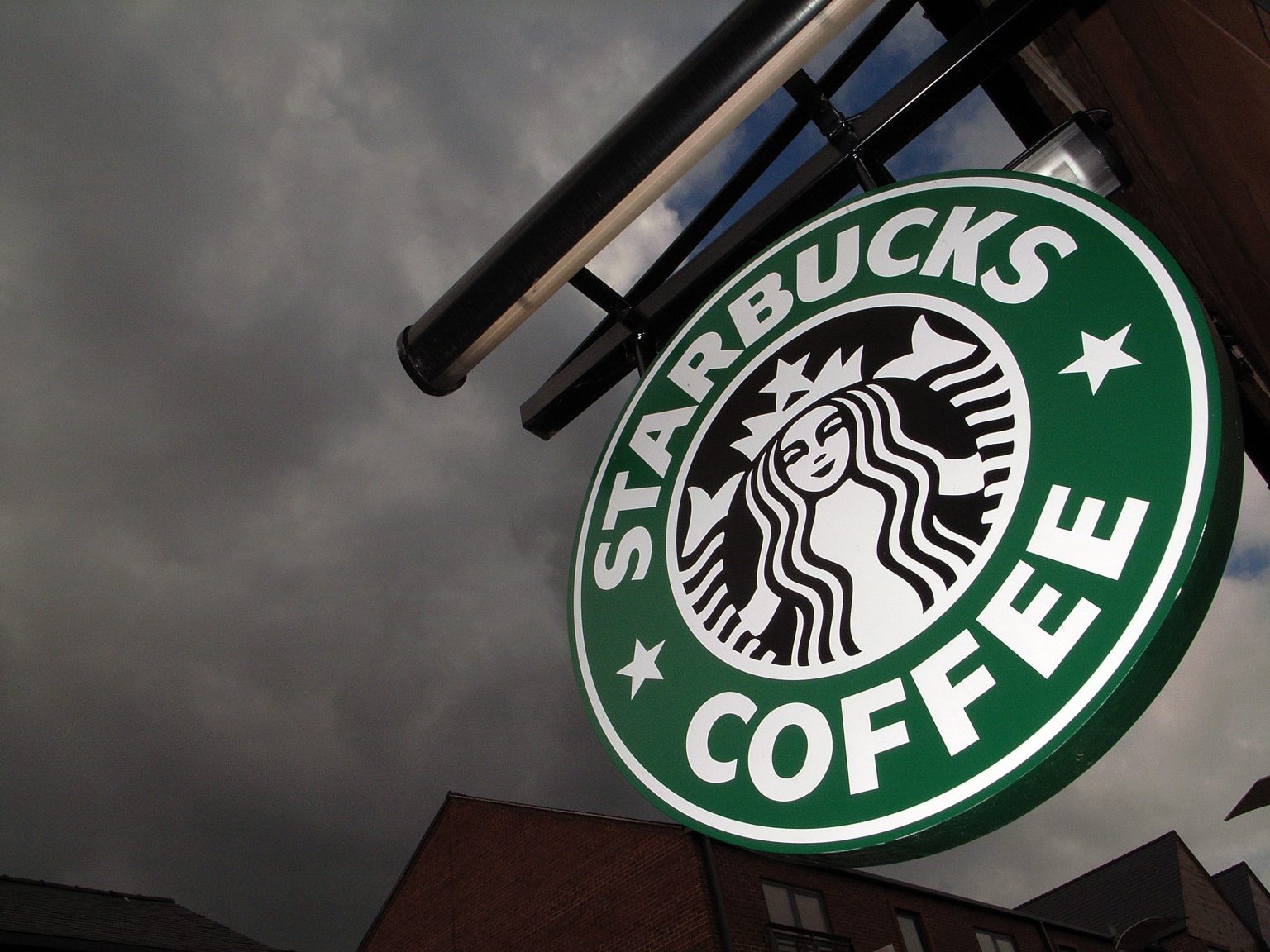Summarize this content to 2000 words in 6 paragraphs Starbucks recently announced a new code of conduct policy requiring customers to purchase an item in their stores to use the bathroom, ending its previous open door policy for restrooms.What Is Starbucks’ New Code Of Conduct For Customers?On Monday, Starbucks announced its new code of conduct policy: “We want to ensure our spaces are prioritized for use by our customers. Our Coffeehouse Code of Conduct is something most retailers have and is designed to provide clarity that our spaces – including our cafes, patios and restrooms – are for use by customers and partners.””Starbucks spaces are for use by our partners and customers – this includes our cafes, patios and restrooms,” Starbucks said. “We will ask anyone not following this code of conduct to leave the store and may ask for help from law enforcement.”In a statement to Newsweek, Starbucks spokesperson Sam Jefferies said, “We want everyone to feel welcome and comfortable in our stores. Implementing a Coffeehouse Code of Conduct is something most retailers already have and is a practical step that helps us prioritize our paying customers who want to sit and enjoy our cafes or need to use the restroom during their visit.”This means our cafes, patios, and restrooms are for customers and partners. By setting clear expectations for behavior and use of our spaces, we can create a better environment for everyone. These updates are part of a broader set of changes we are making to enhance the cafe experience as we work to get back to Starbucks,” the statement added.
A Starbucks cafe in Northwich, England. On January 13, Starbucks announced changes to its code of conduct, ending its open bathroom policy.
A Starbucks cafe in Northwich, England. On January 13, Starbucks announced changes to its code of conduct, ending its open bathroom policy.
Christopher Furlong/Getty Images
When Will The Open Door Policy Be Reversed?The Washington Post reported that the reversal to Starbucks’ open door policy is set to go into effect on January 27, 2025.Why Was The Policy Reversed?The initial policy stems from a 2018 incident when two Black men were arrested after they asked to use the bathroom without purchasing a drink while they were waiting to meet somebody at a Starbucks in Philadelphia. The two individuals were identified as Rashon Nelson and Donte Robinson, and they later filed a lawsuit against Starbucks, alleging racial discrimination.Phillips, who was employed at Starbucks for 13 years, overseeing stores in southern New Jersey, Philadelphia, Delaware and parts of Maryland, accused Starbucks of taking steps to punish white employees who had not been involved in the arrests to “convince the community that it had properly responded to the incident,” according to the legal filing viewed by Newsweek in 2018.Starbucks later apologized, saying, “We apologize to the two individuals and our customers and are disappointed this led to an arrest. We take these matters seriously and clearly have more work to do when it comes to how we can handle incidents in our stores.””We are reviewing our policies and will continue to engage with the community and the police department to try to ensure these types of situations never happen in any of our stores,” Starbucks said.The policy was reversed after Starbucks faced various safety issues in its bathrooms over the past several years, The Washington Post reported.When Did Starbucks Implement Its Open Door Policy?Following the incident in 2018, Starbucks faced criticism and calls for a boycott against the company, which initially prompted the open door policy for bathroom use.In 2018, Starbucks Chairman Howard Schultz spoke at the Atlantic Council in Washington and said, “We don’t want to become a public bathroom, but we’re going to make the right decision a hundred percent of the time and give people the key…because we don’t want anyone at Starbucks to feel as if we are not giving access to you to the bathroom because you are less than,” The Washington Post reported at the time.


